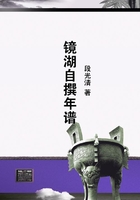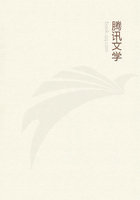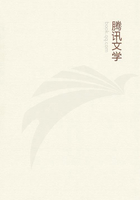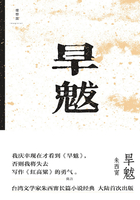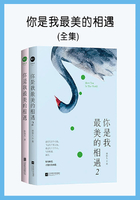However, the sum of these two portions of value does not comprise the whole of commodity-value. There remains an excess over both of them --the surplus-value. This, like the portion of value which replaces the variable capital advanced in wages, is a value newly created by the labourer during the process of production -- congealed labour. But it does not cost the owner of the entire product, the capitalist, anything. This circumstance actually permits the capitalist to consume the surplus-value entirely as revenue, unless he has to surrender parts of it to other participants --such as ground-rent to the landlord, in which case such portions constitute a revenue of such third persons. This same circumstance was the compelling motive that induced our capitalist to engage at all in the manufacture of commodities. But neither his original benevolent intention of snatching surplus-value, nor its subsequent expenditure as revenue by him or others affects the surplus-value as such. They do not impair the fact that it is congealed unpaid labour, nor the magnitude of this surplus-value, which is determined by entirely different conditions.
However, if Adam Smith wanted to occupy himself, as he did, with the role of the various parts of this value in the total process of reproduction, even while he was investigating the value of commodities, it would be evident that while some particular parts function as revenue, others function just as continually as capital -- and consequently, according to his logic, should have been designated as constituent parts of the commodity-value, or parts into which this value resolves itself.
Adam Smith identifies the production of commodities in general with capitalist commodity production; the means of production are to him from the outset "capital," labour is from the outset wage-labour, and therefore "the number of useful and productive labourers . . . is everywhere in proportion to the quantity of capital stock which employed in setting them to work."(Introduction, p. 12.) In short, the various factors of the labour-process -- both objective and personal -- appear from the first with the masks characteristic of the period of capitalist production. The analysis of the value of commodities therefore coincides directly with the consideration of the extent to which this value is on the one hand a mere equivalent of capital laid out, and on the other, to what extent it forms "free" value, value not replacing any advanced capital-value, or surplus-value. Compared from this point of view, parts of commodity-value thus transform themselves imperceptibly into its independent "component parts," and finally into the "sources of all value." A further conclusion is that commodity-value is composed of, or "resolves itself" into, revenues of various kinds, so that the revenues do not consist of commodity-values but the commodity-value consists of "revenues." As little, however, as the nature of a commodity-value as such, or of money as such, is changed through their functioning as capital-value, just so little is the nature of a commodity-value as capital-value, just so little is the nature of a commodity-value changed on account of its functioning later as a revenue for some particular person. The commodity with which Adam Smith has to deal is from the outset commodity-capital (which comprises surplus-value in addition to the capital-value consumed in the production of the commodity); it is therefore a commodity produced capitalistically, the result of the capitalist process of production. It would have been necessary, then, to analyse first this process, and also the process of self-expansion and of the formation of value, which it includes.
Since this process is in its turn premised by the circulation of commodities, its description requires also a preliminary and independent analysis of the commodity. However, even where Adam Smith at times hits "esoterically"upon the correct thing he always takes into consideration the formation of value only as incidental to the analysis of commodities, i.e., to the analysis of commodity-capital. III. LATER ECONOMISTS [41]
Ricardo reproduces the theory of Adam Smith almost verbatim: "It must be understood that all the productions of a country are consumed; but it makes the greatest difference imaginable whether they are consumed by those who reproduced, or by those who do not reproduce another value. When we say that revenue is saved, and added to capital, what we mean is, that the portion of revenue, so said to be added to the capital, is consumed by productive instead of unproductive labourers." ( Principles , p.
163.)
In fact Ricardo fully accepted the theory of Adam Smith concerning the resolution of the price of commodities into wages and surplus-value (or variable capital and surplus-value). The points of dispute with him are 1) the component parts of the surplus-value: he eliminates ground-rent as an essential element of it; 2) Ricardo splits the price of the commodity into these component parts. The magnitude of value is, then, the prius . The sum of component parts is assumed as a given magnitude, it is the starting point, while Adam Smith frequently acts to the contrary, against his own better judgement, by subsequently deducing the magnitude of value of the commodity through the sum of the component parts.


